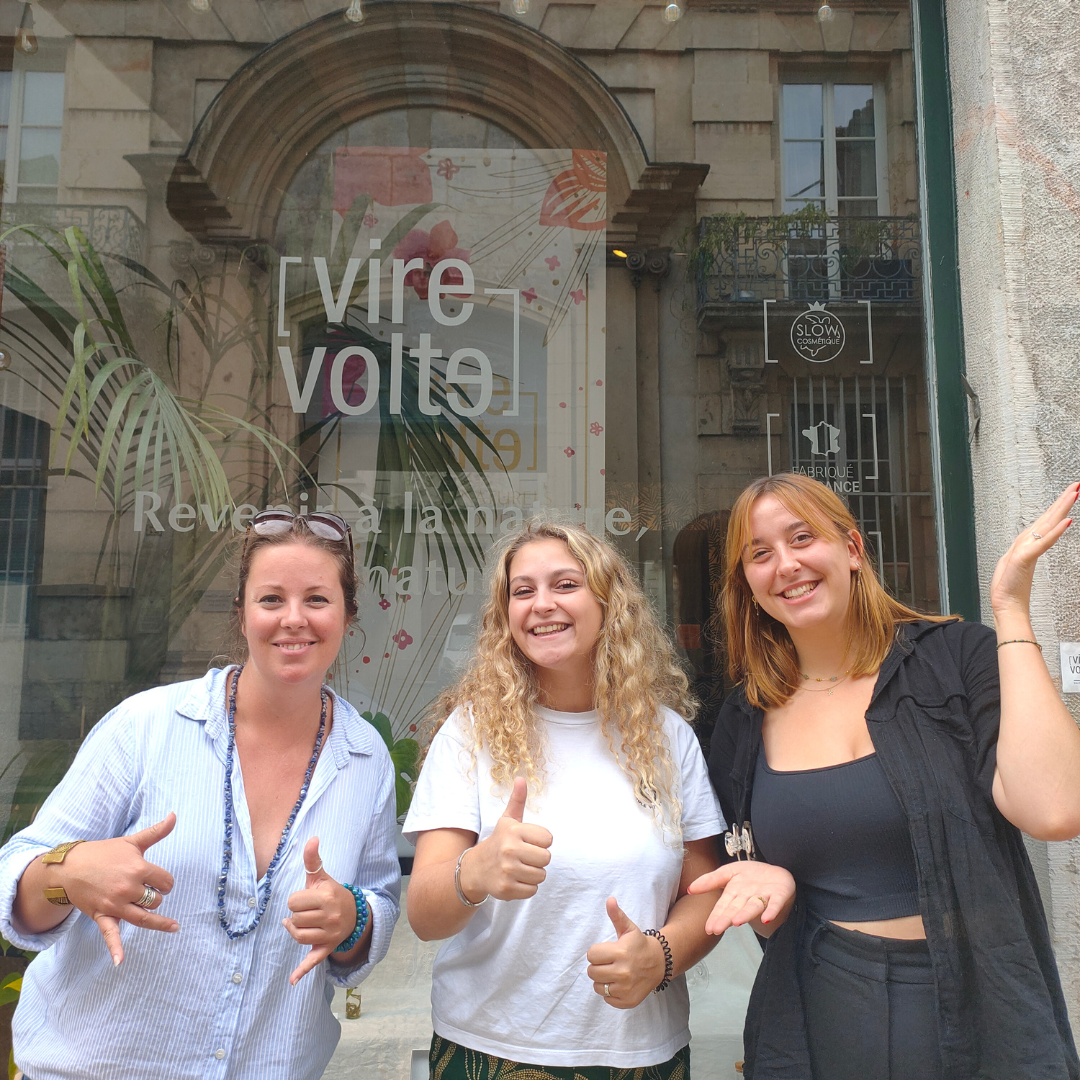Indeed, veganism is a term dating from 1944 with the creation of the association “Vegan Society” by Donald Watson. At the time, it was a charitable association that followed the “Vegetarian Society” founded in 1847.
It is thanks to the creation of this association, that the distinction between vegetarianism and veganism is created. It is in fact, a way of life more than a way of eating as is vegetarianism.
Veganism excludes all kinds of animal exploitation. Whether it's accessories, clothes, makeup in addition to food.
It is therefore a different way of consuming, consuming in an ethical and committed way, because an animal is “a living being endowed with sensitivity.” (article 515-14 of the Civil Code)
A vegan perfume is a perfume that wants to be respectful of animal life. It is therefore a fragrance that contains no ingredients of animal origin, no ingredients that induce animal suffering or exploitation.
Raw materials from animals have been used since ancient times. These very powerful animal notes, with a faecal smell, used in small doses brought roundness, depth and a sweet side to the creations. They were also very good fixers and could emphasize vegetal notes. Learn more about extraction methods.
La civet, secretion of the perineal glands of the civet cat, a mammal which resembles the marten and which is native to Ethiopia. The extraction of the civet is a painful process for the animal and was carried out every ten days in farms. This raw material being expensive, it is used less and less. Several brands have replaced it with synthetic civet, civettone or even completely excluded some for ethical reasons, some for budgetary reasons.
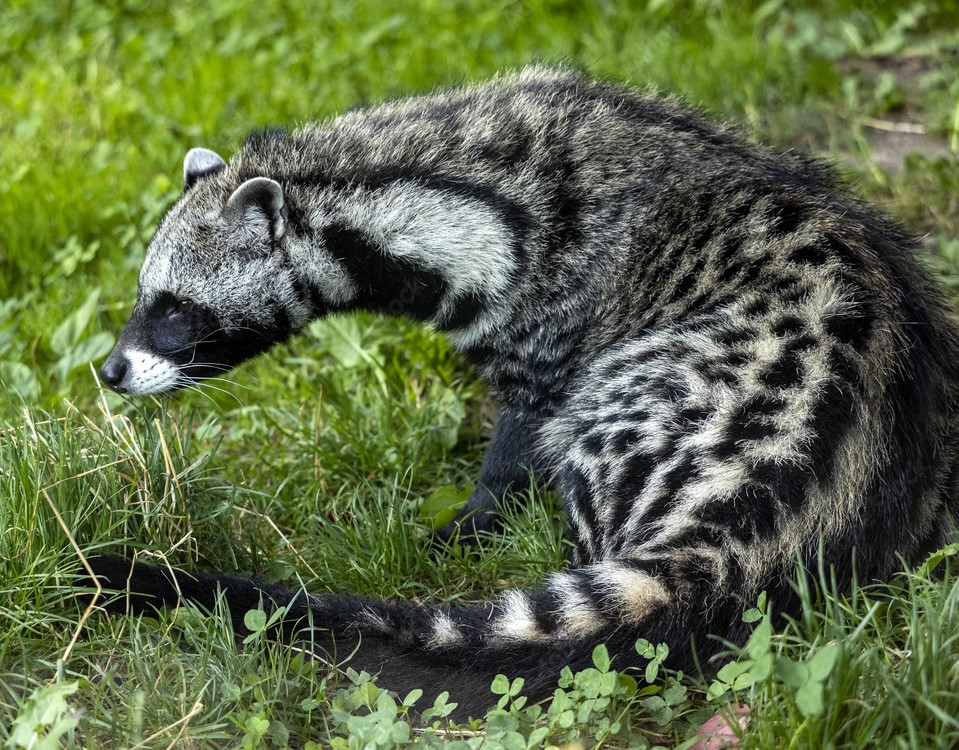
Le castoreum from the beaver is a greasy and oily secretion that allows the animal to mark and delimit its territory. The harvest of this raw material implies the death of the animal. This raw material has often been used for oriental and chypre perfumes. Today, this raw material is used less and less due to the implication of the death of the beaver.
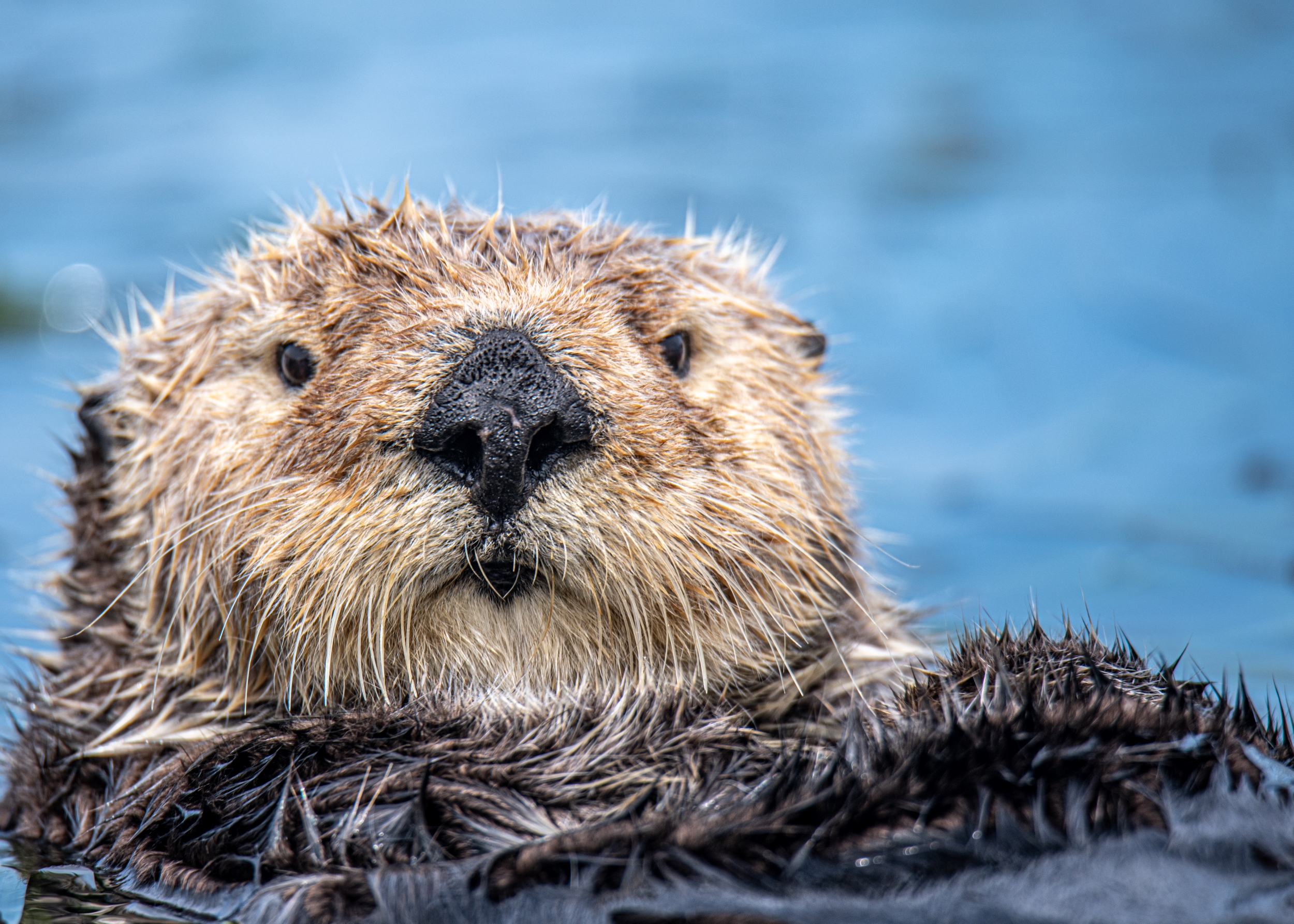
The hyrraceum is also known as “Stone of Africa” is an animal essence produced by the Rock Hyrax or Cape Hyrax which is an African rodent. Big as a hare, it looks like a big marmot and has two small tusks, it lives in caves. The hyrraceum is a fossilization of the animal's excrement and urine. Following the mixing and decomposition of urine rich in pheromones, which can take years or even centuries, this secretion takes the form of a stone and is harvested not far from its burrow without harming the animal. In East Africa, harvesting hyrraceum has been practiced since ancient times. In Egypt this substance would have been used in mummification techniques, from which it derives one of these names "Stone of God"
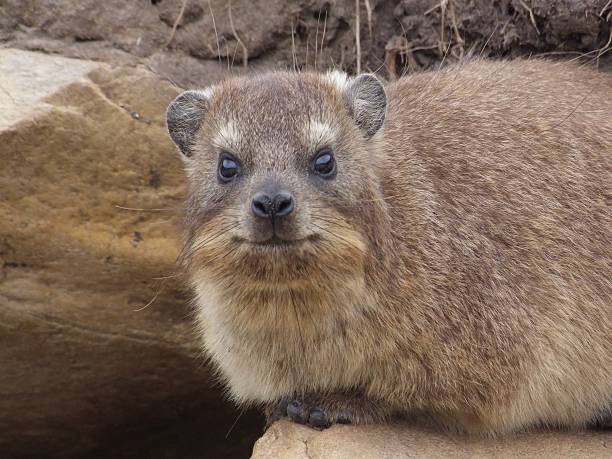
For a long time the tonkin musk has been used in perfumes. This raw material comes from the secretion of a gland of the musk deer, it is only the male who produces this substance. This animal looks like a deer with a head reminiscent of a kangaroo. Much appreciated for centuries, the powerful smell of musk was at the heart of many perfumes. It was his animal, virile and sensual facets as well as his fixing qualities that were appreciated. The exploitation of this material requires the killing of the animal, fortunately since 1973, la CITES protects the musk deer (CITES: Convention on International Trade of Endangered Species / Convention on international trade in endangered species of flora and fauna), convention applied in France in 1978.

Ambergris which is extremely rare and expensive, is a secretion aggregate of the sperm whale. It is rejected by the animal, floats on the surface of the water and is then harvested. It does not lead to the death of the animal, but unfortunately some unscrupulous fishermen feed the sperm whales with cuttlefish in the hope of increasing the quantities of amber. In effect, very sharp cuttlefish damage the animal's esophagus. To heal its wounds, the sperm whale regurgitates and it is these digestive secretions that act as a bandage.
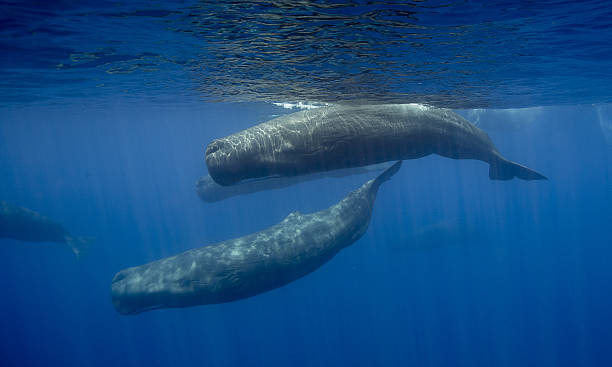
Finally, we can find the beeswax or honey which are often used in perfume compositions. This allows to have a fairly sweet note and its honey smell offers a more or less powerful fragrance depending on the age of the hive.
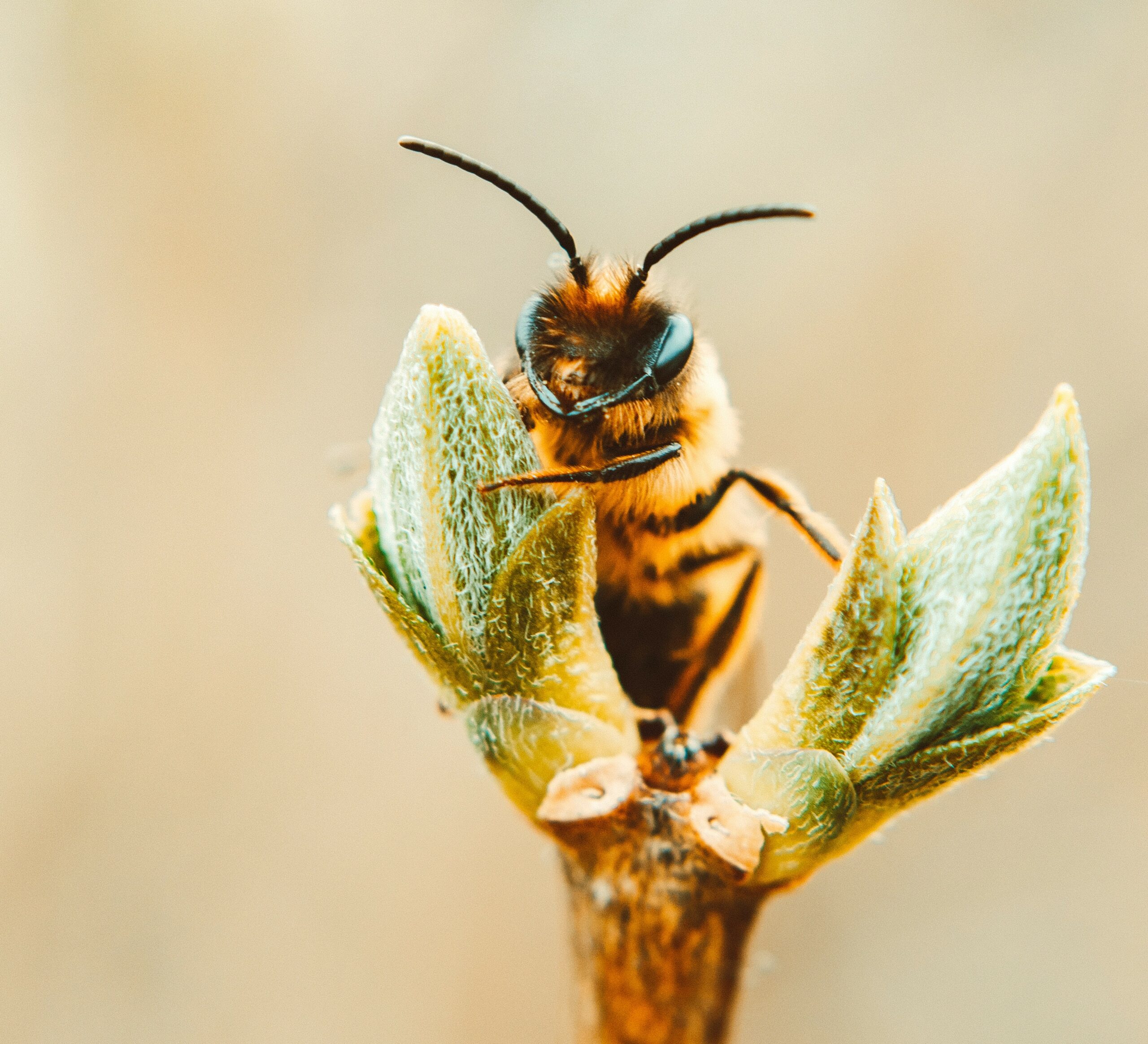
Following pressure from environmental movements in the 70s, the use of these raw materials fell sharply. However, it is still possible to use them and since brands are not required to list the ingredients of their perfume, it is likely that some still use them.
Unfortunately, it is also very likely that in certain regions of the world, unscrupulous individuals poach species such as the musk chevrotin or develop more or less legal breedings of the animals mentioned above.
The mention the reference " vegan " on your perfumes thus allows to remove any doubt on the compositions. Even better a label like Cosmos Natural or Slow Cosmetics are additional security. Indeed, these independent labels prohibit any material of animal origin, so you can trust the certified brands. They have taken the step to get certified and therefore to give the exact list of their ingredients and they are audited by an independent body certifying their good faith. Learn more about labels.
The cosmetics industry has long been known for dermatological and clinical testing on animals, they are now banned since 2013 by regulation European Cosmetics but some countries outside Europe unfortunately continue to conduct these tests.
It goes without saying that a vegan perfume is absolutely not tested on animals, nor the finished product, nor the raw materials that compose it. We are talking about perfume cruelty-free ! But beware of greenwashing on this mention since, as required by law, these tests are prohibited in Europe. Be careful also since a cruelty free perfume can be a 100% synthetic perfume, the term cruelty free (without animal cruelty) only refers to the animal dimension, it is not however a guarantee of quality for the raw materials used.
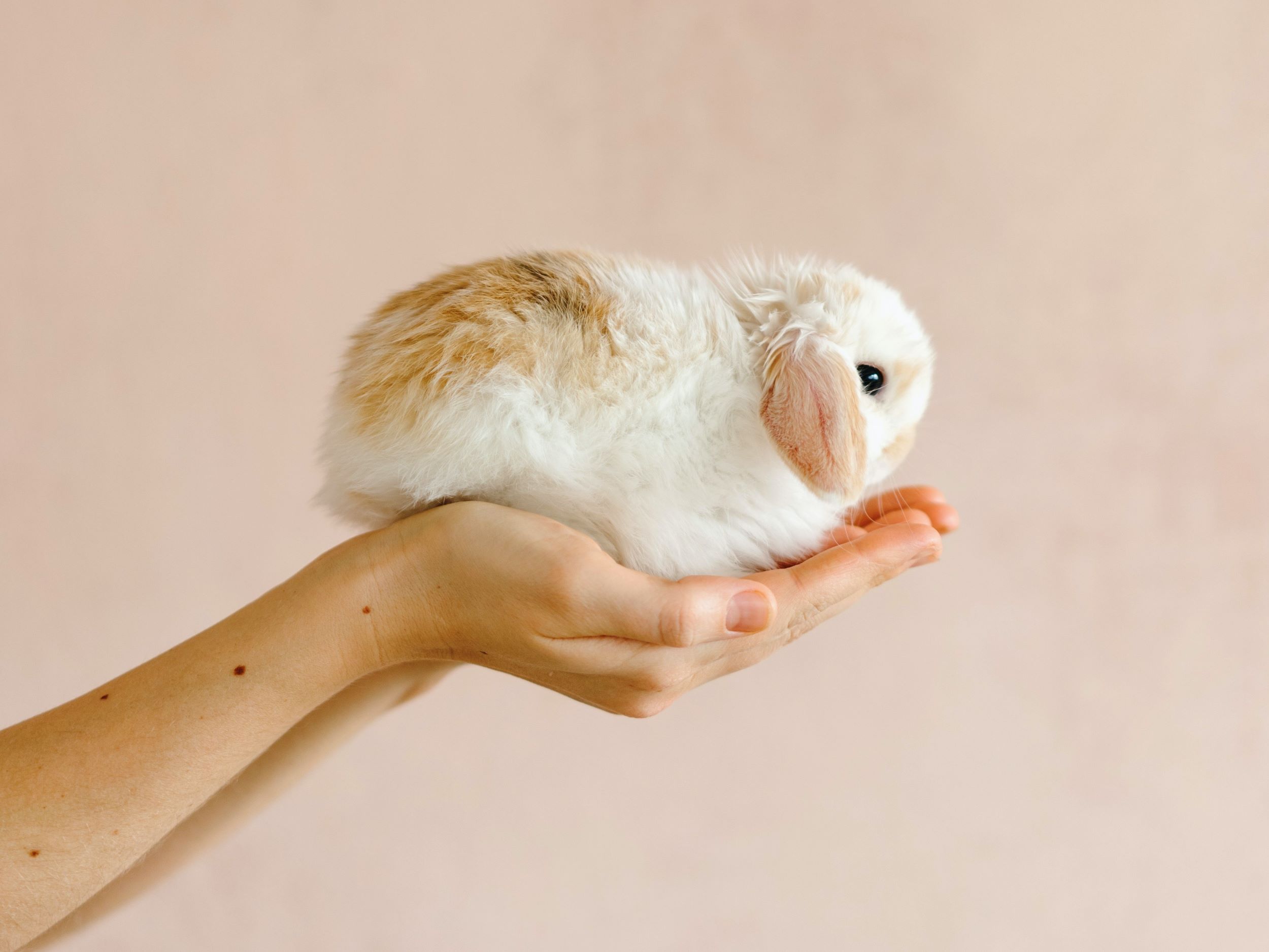
At Virevolte, the formulas of all our eau de parfums are vegan.
We do not test on animals neither on our finished products nor on the raw materials that compose it, as required by law. We do not use any raw materials derived from animals in the design of our perfumes. We refrain from any development in countries that would require us to test on animals.
In short, it is essential for us to develop our brand in the respect for animals.
At Virevolte, we have made the choice of plants which already offer us a formidable palette to develop our creations!

End of the Virevolte adventure
Do not hesitate to consult the list of our resellers if you wish to buy one of our perfumes.
Julie Desoomer
